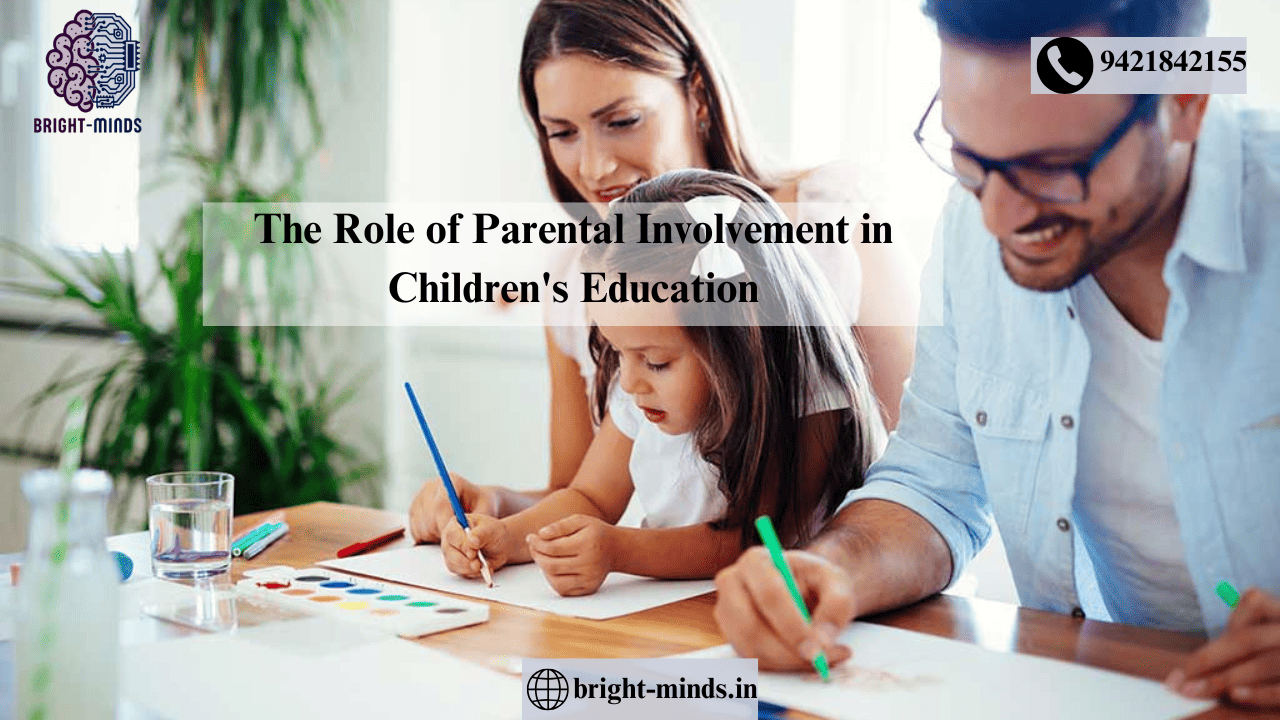The Role of Parental Involvement in Children’s Education
Education is a collaborative effort, and parents play a critical role in shaping their children’s academic success. Research consistently shows that active parental involvement in education enhances children’s learning, improves behavior, and boosts overall achievement. Whether through helping with homework, attending school events, or fostering a positive learning environment at home, parental engagement can make a significant difference in a child’s educational journey.
Why Parental Involvement Matters
Parental involvement goes beyond simply ensuring that children attend school. It encompasses active participation in various aspects of their education, including:
- Academic Support: Helping children with homework, projects, and exam preparation.
- Emotional Encouragement: Providing motivation and celebrating their achievements.
- Communication with Educators: Collaborating with teachers to address challenges and set goals.
- Creating a Learning Environment: Establishing routines and a conducive space for studying at home.
This involvement helps children develop a sense of responsibility, improves their self-esteem, and fosters a positive attitude toward learning.

Benefits of Parental Involvement
- Better Behavior and Social with supportive parents are more likely to exhibit good behavior, both at school and at home. They develop better social skills, are more empathetic, and are less likely to engage in disruptive behavior.
- Higher Attendance RatesWhen parents emphasize the importance of education, children are more likely to attend school regularly. This consistency reduces the chances of falling behind in class and promotes steady progress.
Ways Parents Can Get Involved
Parental involvement can take many forms, depending on the child’s age, interests, and educational needs. Here are some effective strategies:
- Stay Informed
- Attend parent-teacher conferences to understand your child’s progress and challenges.
- Keep track of school newsletters, schedules, and announcements.
- Familiarize yourself with the curriculum and grading system.
- Help with Homework and Projects
- Provide guidance rather than doing the work for them.
- Encourage a consistent homework routine in a quiet, well-lit space.
- Use positive reinforcement to motivate your child.
- Encourage Reading
- Read with your child regularly, regardless of their age.
- Discuss the books they’re reading to develop critical thinking skills.
- Introduce them to diverse genres and authors to broaden their horizons.
- Participate in School Activities
- Volunteer for school events, trips, or classroom activities.
- Join the parent-teacher association (PTA) to stay involved in decision-making processes.
- Support school fundraisers and extracurricular programs.
- Promote a Growth Mindset
- Encourage children to embrace challenges and learn from mistakes.
- Praise their efforts rather than just their achievements.
- Teach them resilience by sharing stories of overcoming obstacles.
- Communicate Regularly
- Maintain open lines of communication with your child about their school experiences.
- Address any issues promptly, whether they’re academic, social, or emotional.
- Celebrate milestones, no matter how small.
- Limit Distractions
- Minimize screen time during homework and study hours.
- Create a balanced schedule that includes time for studies, play, and rest.
- Monitor their online activities to ensure they’re productive and safe.
Challenges to Parental Involvement
Despite its importance, some parents may face challenges in staying actively involved. Common obstacles include:
- Time Constraints: Balancing work and family responsibilities can be difficult.
- Educational Barriers: Parents with limited education may feel unprepared to help.
- Cultural Differences: Language barriers or unfamiliarity with the school system can pose challenges.
- Teen Independence: As children grow older, they may resist parental involvement.
Addressing these challenges requires a collaborative effort between parents, schools, and communities. Schools can provide resources such as workshops, flexible meeting schedules, and bilingual communication to bridge gaps and encourage participation.
Conclusion
Parental involvement is a cornerstone of a child’s academic and personal success. By staying engaged and supportive, parents can inspire a love for learning and equip their children with the skills and confidence needed to excel. Whether it’s through small daily actions or larger commitments, every effort counts in making education a rewarding journey.
you may be interested in this blog here:-
Numeracy Skills for Pre-Primary Building a Strong Foundation

